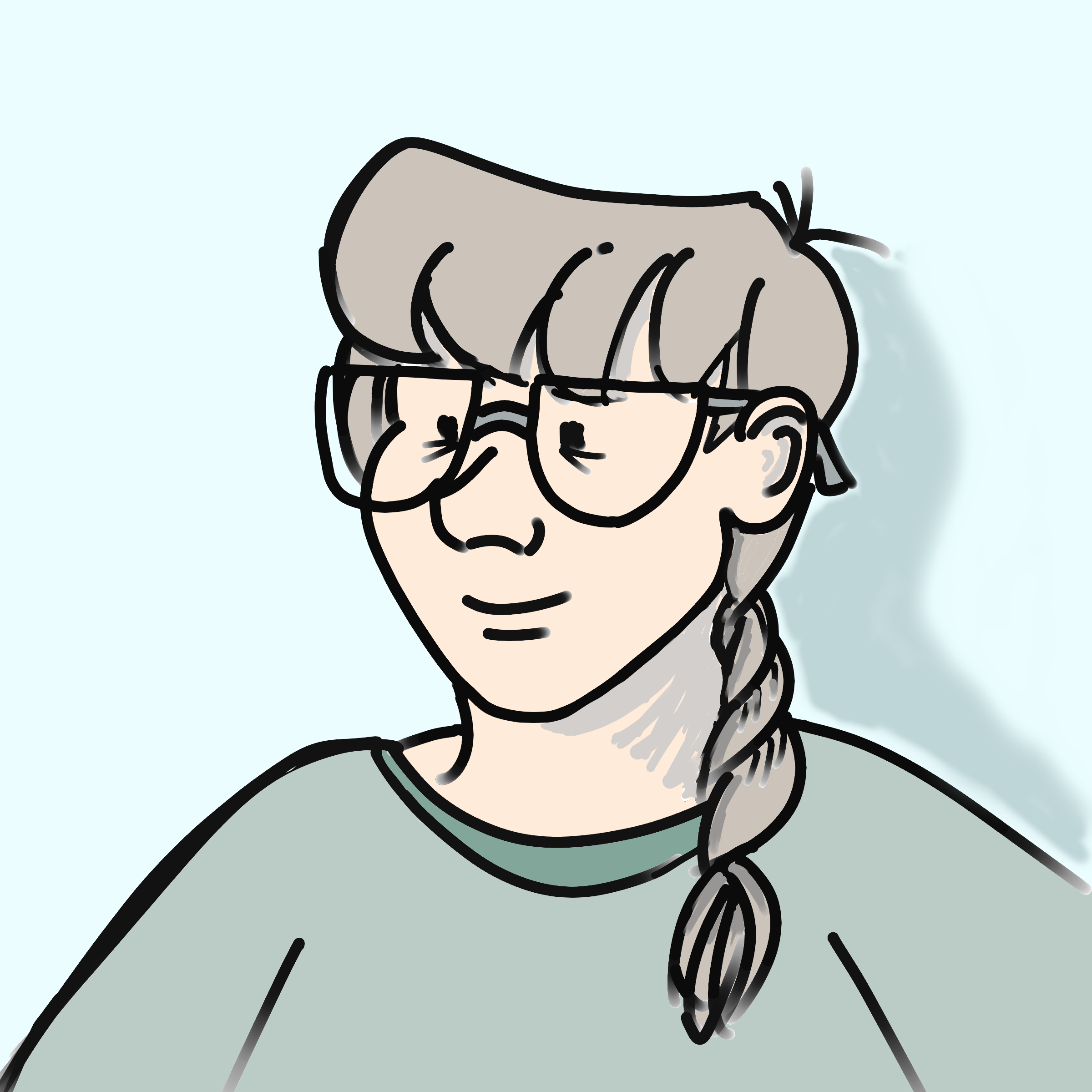Karen Harris was a shy 13-year-old freshman in 1973, and he was a senior. Her family had recently moved to the Atlanta area from New Jersey, and lonely, with no friends of her own, she hung out with her older sister and her friends. He was persistent.

Karen, 1973
One day, Karen began throwing up; she couldn’t figure out why she felt fine afterward. It was so puzzling she told everyone, including her principal.
“My parents made arrangements – there was no discussion then or ever, and they swore me to secrecy,” recalls Karen, now Karen Thurston. “I was never to tell anyone.”
Six years later, and despite contraception, she became pregnant again. She was prepared to marry the aspiring pilot even as the relationship was failing, but instead, he dropped her off at an Atlanta abortion clinic. Afterward, she waited and waited for hours, and then finally after the clinic closed, walked back and forth outside until he finally returned.
“My humiliation was so heavy, I could barely rise from the chair,” she writes in an essay. “I could not go on, yet I carried on.” Despite marrying in 1985, and having two sons, working in journalism and education, Karen, now 56, says she has spent years coping with the shame and stigma. “It has been piped into every nook and cranny of my day to day life through all manner of media, from bumper stickers and billboards to news reports and religious programs.” As her parents had insisted, she told no one because she was sure if people knew, “they would despise me.” Karen envisioned her husband divorcing her, neighbors turning their backs, colleagues avoiding her. “Every caring relationship I ever formed felt imperiled.”
Karen says she wrote, drank too much, walked and biked for miles, devoured self-help books, and immersed herself in church life, becoming a lay minister at the United Methodist Church in Peachtree City.
1968
Iva McBroom’s father was a Methodist minister and her mother a nurse. She had been raised to believe that sexual intercourse was sacred. In the summer of 1967, between her sophomore and junior year at Florida State University in Tallahassee, she went to Michigan to stay in an extra bedroom with her boyfriend’s family and to work as a lifeguard on Lake Erie. They had been going together for two years and he was scheduled to leave for Vietnam at summer’s end.
“Neither of us had any concept of protection,” says Iva, now Iva King. “He mentioned the possibility of pregnancy but I just hoped I’d be lucky.” In the late ’60s, doctors would not readily prescribe birth control pills for single women, and condoms were behind the drugstore counter.

Iva, 1967
Iva was not lucky. She and Kenny were already drifting apart before he left for Vietnam, and when his mother contacted him with Iva’s news, there was no talk of marriage.
“His mother thought there might be something I could take orally but I felt that would be wrong,” Iva recalls. “I remember my father told me “We still love you.” Iva went back to FSU for fall semester but her mother had arranged for her to leave after Christmas for the Florence Crittenton Home for Unwed Mothers in Savannah.
The first Crittenton home was opened in 1883, and at its peak, the Crittenton movement included 76 homes across the U.S. Until the 1940s, Crittenton encouraged girls and women to keep their babies for at least six months; then they reversed their policy: adoption was seen as the answer to white unwed pregnancy. A report on CBS in 2012 described these types of agencies as part of the “Baby Scoop Era.” from 1945 to 1973. In 1955, 90,000 infants were placed for adoption by the 200 confidential maternity homes in the country; 50 years later, the number was closer to 15,000.
Iva and her parents had already decided she would give her baby up for adoption: “I didn’t think I could raise a child alone.” She gave birth to a healthy baby boy in March 1968, and followed her mother’s advice: “Don’t hold him,” although she would go down to look at him through the nursery window.
In the meantime, Larry King, whom she had dated in her sophomore year and to whom she had confided her secret the previous fall, had been writing to her in Savannah. He had even taken her to meet his parents before she left. They married in December 1968; both finished school and got masters degrees – their first child was born in 1972.

Iva King with Lucille

Iva King with Nate
Around 2000, Iva and Karen crossed paths in Peachtree City through their Methodist church work with Stephen Ministry, a nondenominational program that teaches lay leaders how to provide Christian care to people going through a tough time. For Karen, it was life changing when on a summer stroll, Iva shared her accidental pregnancy so many years ago.
As Karen began to tell Iva about her own secrets, she writes “I felt insanely terrified, as if I had pulled the pin from a grenade I could not toss. I waited for an explosion, for the earth to swallow me.” Instead, their walk continued that fateful day, “sharing everything without the need to justify or rationalize anything.”

Iva and Karen in Ministry
Iva had told her two children about their half-brother when they were teenagers. Should he ever reach out to them, she didn’t want them to be surprised. At one point, she had tried to find out where he was but the records were sealed.
Over the next two years as the two women drew closer, Iva urged Karen to tell her family. “I was angry that her parents had told her never to tell anyone,” Iva says. “She was so scared for so long.”
It was then that Karen told her husband, and in 2013, told her two grown sons. All of them were loving and supportive.
“They listened, learned and understood,” she writes. “They embraced me…they do not believe I need forgiveness for being human.”
Karen, who still lives in Peachtree City, wrote about her story in 2014 and submitted it to the “Untold Stories” project. “I decided I will not allow shame and fear to rule my life anymore.” Her essay was selected to be part of an anthology published by the Sea Change Program, which began at the University of California’s School of Reproductive Health in San Francisco.
Iva and Larry retired and moved to Athens in 2013 where they are active in the Unitarian Universalist Fellowship, the Osher Lifelong Learning Institute, and the local Pickleball association.
“A whole lot of people just need someone to listen to them,” Iva says. “Most have the capacity to solve their own problems if they have a supportive sounding board.”![]()
FOR FURTHER READING
Untold Stories: Life, Love, and Reproduction. (2015, Sea Change Program) $15. This is a collection of stories of ordinary people talking intimately and honestly about their reproductive experiences including abortion, egg donation, adoption, LGBT parenting, remaining child free, and much more.
The Girls Who Went Away: The Hidden History of Women Who Surrendered Children for Adoption in the Decades Before Roe v. Wade, Ann Fessler, (2006, Penguin Books). The untold history of the million and a half women who surrendered children for adoption due to enormous family and social pressure in the decades before Roe v. Wade.
The comments are closed.





Reader's Comments
Hello. My name is Pat. I was sent to this home in 1979. I was forced to give up my baby girl through this home. I still remember the horror I had to endure.